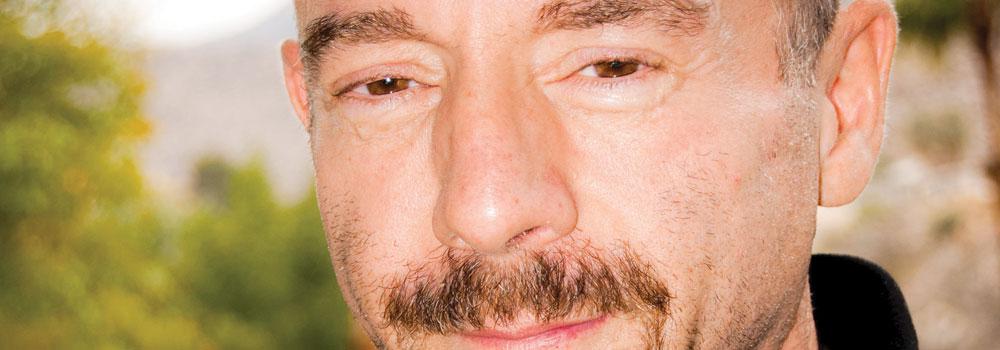Norbert Brockmeyer ist Sprecher des Kompetenznetzes HIV/AIDS und Leiter des Zentrums für Sexuelle Gesundheit, Klinik für Dermatologie, Venerologie und Allergologie der Ruhr-Universität Bochum (RUB).

ZEIT ONLINE: Herr Brockmeyer, die Aidshilfe hat kürzlich mehr als 1.100 HIV-Positive gefragt, wie es mit den Ärzten läuft. Jeder Fünfte hat berichtet, dass sich ein Arzt schon mal geweigert habe, ihn zu behandeln. Überrascht Sie dieses Ergebnis?
Norbert Brockmeyer: Dass manche Ärzte HIV-Positive nicht behandeln möchten, höre ich manchmal auch von den Patienten, die zu mir in die Klinik kommen. Die Ursache muss aber nicht gleich die Diskriminierung von HIV-Patienten sein. Denkbar ist auch, dass manche Ärzte unsicher sind im Umgang mit HIV-Infizierten und deren Therapie und deshalb denken: Diese Patienten schicke ich lieber zu einem Kollegen, der sich damit besser auskennt als ich. Mal abgesehen davon: Wenn 20 Prozent der Befragten schlechte Erfahrungen gemacht haben, heißt das doch auch, dass 80 Prozent bislang keine schlechten Erfahrungen gemacht haben.
ZEIT ONLINE: Was die Patienten in der Befragung berichten, ist teilweise haarsträubend. Einige Ärzte hätten behauptet, das Behandlungszimmer nach einem HIV-Patienten für ein paar Stunden nicht nutzen zu dürfen. In einer Klinik wollten sich Ärzte einer Patientin nur in Schutzkleidung nähern…
Brockmeyer: Das ist übertrieben. Behandelt ein Arzt einen HIV-positiven Patienten, reichen die ganz normalen Schutzmaßnahmen: Handschuhe, Kittel und so weiter. Das Risiko, sich bei der Behandlung eines positiven Patienten mit dem HI-Virus zu infizieren, schätzt das Robert Koch-Institut „sehr gering“ ein.
ZEIT ONLINE: Trotzdem haben viele Ärzte offenbar Angst davor. Müssten sie als Mediziner nicht eigentlich wissen, wie gering das Risiko einer Ansteckung ist?
Weiterlesen →





